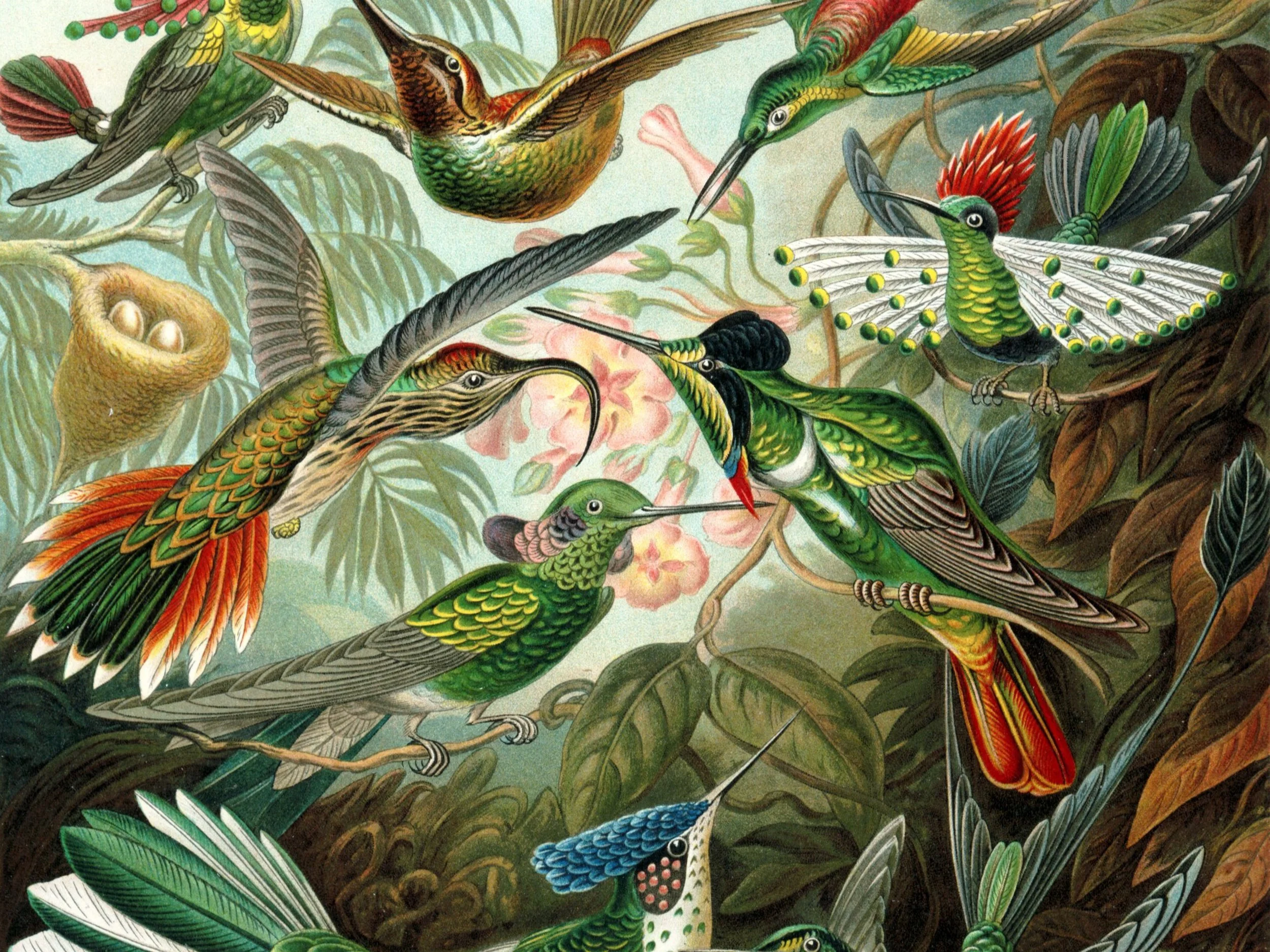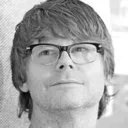Orthodox evolutionary theory interprets ritual as an evolved adaptation. However, ritual often involves reduced activity in the most recently evolved brain systems involved in our evolutionary success: those that subserve metacognition and ego consciousness, which effectively go offline during the altered states of consciousness induced by ritual activity.
Jung saw ritual life as an example of individuation and an attempt to integrate evolutionary ancient brain systems with more recently evolved brain systems. His theory provides a richer, and explanatorily more powerful approach to ritual, than those offered by orthodox ‘adaptationist’ accounts.
In Jung’s view ritual life among ancient humans represented a primitive form of psychotherapy and individuation, linking ancient human cultural practises to modern clinical theory and practice. Consequently, clinical practise informed by Jungian evolutionary anthropology provides an alternative framework to orthodox Darwinian approaches to mental illness, such those developed by evolutionary biologists and psychologists.
Gary’s talk tonight will reference Analytical Psychology, Human Origins and the Adaptationist Paradigm, Clinical Practice and Evolutionary Neuroscience.
Gary Clark PhD
Gary Clark graduated in classical guitar at Adelaide University and completed his PhD in literature, focusing on Australian poetry, the environment and the influence of Indigenous conceptions of ecological space on writers of European descent. This was followed by years of teaching in Central Australia and various Indigenous educational facilities in Adelaide.
Gary’s interest in music and human ritual led him to research the evolutionary origins of these uniquely human phenomena.
He joined the Adelaide University Medical School as Visiting Research Fellow in 2012, where he continues to research these issues through ancient human fossil anatomy, paleoanthropology and the evolution of music, language and human ritual, resulting in the publication of numerous articles and book chapters.
His particular interest in situating Jungian psychology in the context of current debates in evolutionary and psychedelic neuroscience, has led to a book length study of Jung’s evolutionary thought: “Carl Jung and the Evolutionary Sciences: A New Vision for Analytical Psychology” (Routledge, 2025).
Main Image: Ernst Haeckel's, Hummingbirds, from Art Forms in Nature (1904)
Admission:
Members: Free
Non Members: $20
Concession: $15

